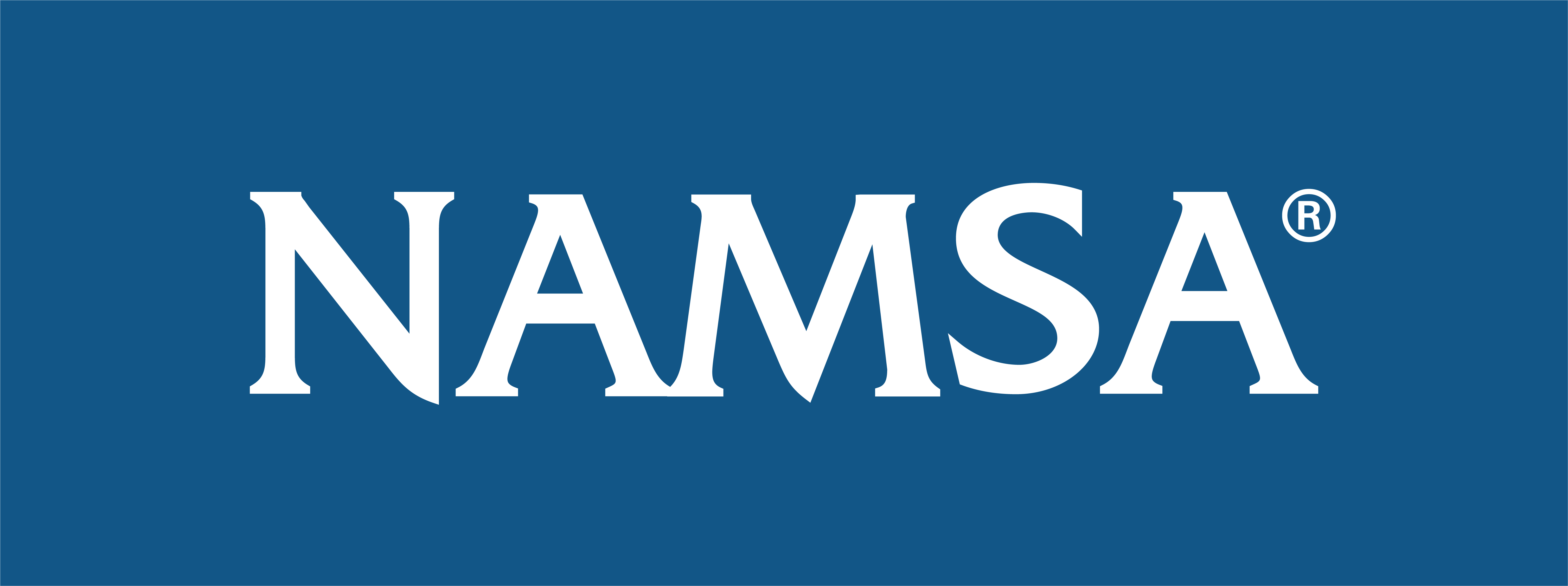On December 12th, a revised version of the MDCG guidance 2021-6 was published. The revision specifically addresses clinical investigations under Reg 745/2017 (MDR). The document now consists of fifty questions, with 19 new ones and several important clarifications on existing questions. Furthermore, the MDCG document includes 3 annexes.
Here is an overview of the main aspects of the revision:
- Definition of Clinical Investigation vs. Clinical Study: Highlights the contrast with ISO 14155:2020
- Clearer Articulation: Clarifications of clinical investigations under MDR article 62, article 74.1 and article 74.2
- Retrospective Studies: Retrospective studies are not clinical investigations, although certain data protection requirements may apply in some countries
- Combined Development Stages: Pilot and pivotal stages could be combined within the same clinical investigation, if appropriately designed and justified
- Medical Devices and Medicinal Products: Studies involving combinations of medical devices and medicinal products could be subject to solely MDR, Reg 536/2014, or both; different designs maybe needed to fulfill multiple requirements
- Usability Testing: Usability tests may be clinical investigations; evaluating how human subjects are exposed to a device could lead to a clinical investigation under MDR
The guidance also addresses additional points such as overall timelines, specific details for clinical study reports and amendments, archiving procedures and requirements for legal representatives.
NAMSA Experts Weigh In:
The MDCG Guidance 2021-6 Rev 1 offers valuable clarifications and Q&A for clinical investigations under MDR. However, Art 82 still applies to various studies that are subject to national regulations. If unsure, the MDCG group recommends study sponsors reach out to the national competent authority (NCA). Notably, different NCAs may hold differing opinions on the same topic, potentially resulting in regulatory discrepancies in multinational studies. Once EUDAMED is established, a “regulatory reconciliation” may be necessary to address such discrepancies.
How Can NAMSA Help?
NAMSA has a team of clinical specialists who are dedicated to assisting you in designing and obtaining approval for your clinical activities. They are ready to support you at any stage of the development process and in various geographical areas.
If you are interested in speaking with us about global regulatory strategies, please Contact Us, or learn more about our Regulatory experts here.
Sara Finocchietti, MEng, PhD
Sara Finocchietti has 15 years of experience in the medical device industry, having lived in multiple European countries and Japan. Her career started in public research developing innovative medical devices as well as providing clinical and regulatory strategy for market access in Europe. Her previous experiences include working as a Clinical Affairs Manager at a French manufacturer with a full orthopedic portfolio, defining the strategy to transition to the EU's Medical Device Regulation (MDR). Sara has a keen interest in new technologies and innovation. She has extensive experience working within cross-functional and cross-cultural teams.
